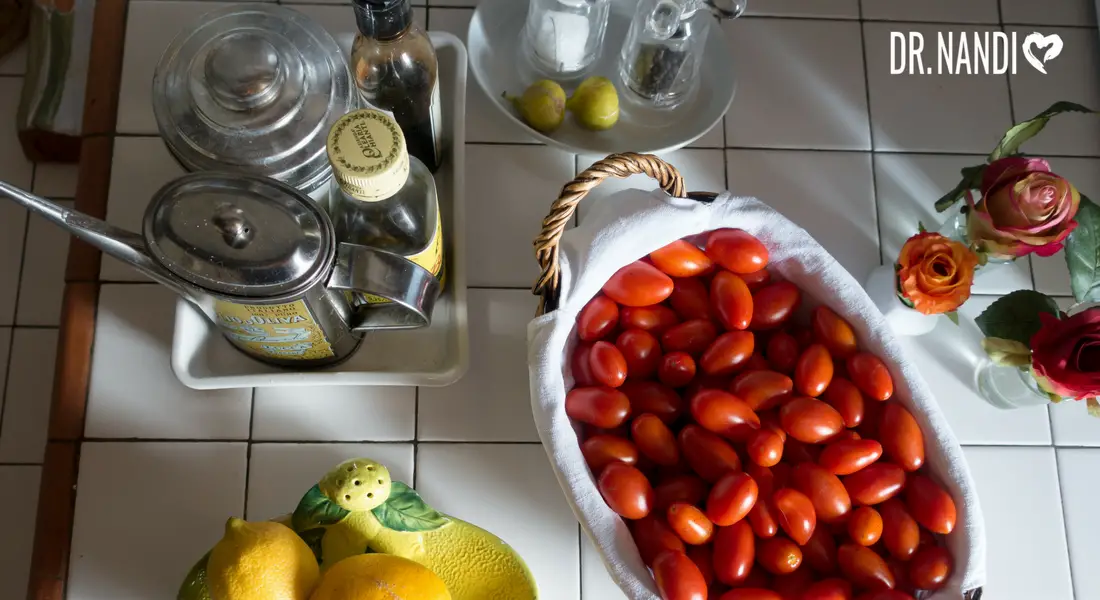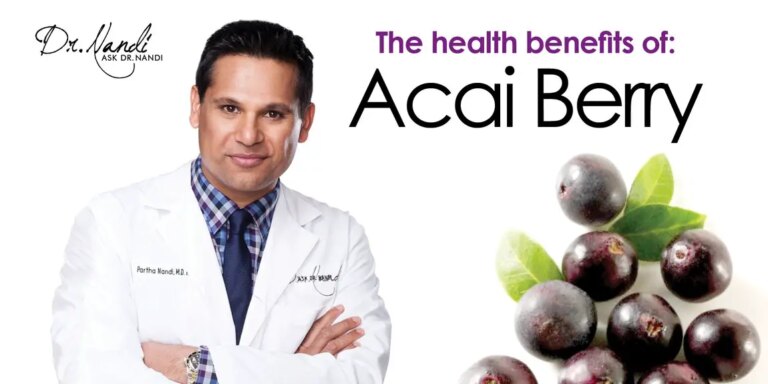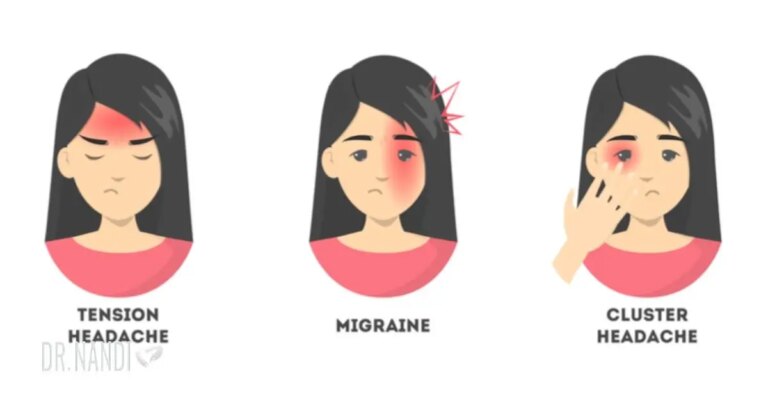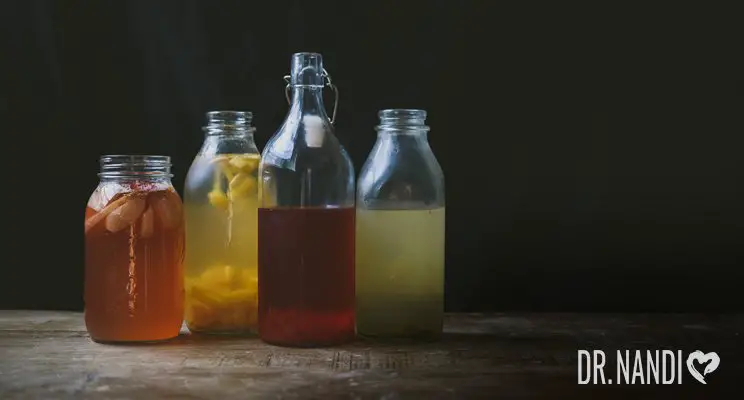Tomatoes and Olive Oil have been a longtime classic combination on the dinner table, but did you know that having the two together kicks up the health benefits of the tomato? Dr. Nandi’s Power Pairings are foods that, when combined, unlock additional health benefits so you can get the most health benefits out of your Italian night feast!
Tomatoes contain lycopene, a carotenoid antioxidant that gives fruits and vegetables a pink or red color. It is one of the biggest reasons why you should eat tomatoes. Researchers have found that combining tomatoes and olive oil increases the antioxidant activity because lycopene is a fat-soluble nutrient. Fat-soluble nutrients need some fat to be adequately absorbed.
Researchers have found that cooking tomatoes are an even healthier approach than eating them raw. When a tomato is cooked, the lycopene content absorbed by the body increases, so why not have some tomato sauce drizzled with olive oil today?
Did You Know Cooked Tomatoes Are Better for You Than Raw?
Did you know that consuming cooked tomatoes, whether in spaghetti sauce or fried in olive oil, makes their heart healthier and boosts their cancer fight ability? Even though cooking tomatoes causes them to lose vitamin C, the benefits are increased by the spike in levels of the compounds called phytochemicals.
Tomatoes are famous for being a great source of the antioxidant lycopene. Cooking the tomatoes brings out more lycopene, making a cooked tomato a significant source of antioxidants. Tomatoes also contain other antioxidants, such as beta-carotene, that help fight cell damage that can cause cancer, heart disease, and other chronic health conditions.
Health Benefits of Cooked Tomato
Did you know that cooking tomatoes make them even healthier? Here are some of the health benefits of cooked tomatoes.
Cooked Tomatoes Are Rich in Lycopene
The pigment lycopene gives tomatoes their red color. It’s also a powerful antioxidant linked to many health benefits, including reduced heart disease and cancer risk. While lycopene is found in both cooked and raw tomatoes, studies have shown that it’s more bioavailable in cooked tomatoes. By cooking tomatoes, your body can absorb and use lycopene more easily.
Cooked Tomatoes May Help Protect Your Skin From Sun Damage
Lycopene’s potent antioxidant activity may also help protect your skin against sun damage. In one study, researchers found that lycopene-rich tomato paste helped protect against UV-induced skin damage in people not already using sunscreen.
Cooked Tomatoes Can Help Improve Heart Health
The lycopene in cooked tomatoes may also help improve heart health. One study found that people who ate a lycopene-rich diet had a lower risk of heart disease. Another study found that lycopene supplementation was linked to improved blood vessel function in people with coronary artery disease.
Cooked Tomatoes Can Help Improve Skin Health
Cooked tomatoes may also be beneficial for skin health. One study found that tomato extract was effective in treating acne. Another study found that lycopene supplementation improved skin elasticity and thickness.
Cooked Tomatoes Can Help Reduce the Risk of Some Types of Cancer
The lycopene in cooked tomatoes may also help fight cancer. Studies have linked lycopene to a reduced risk of several types of cancer, including prostate cancer, ovarian cancer, and pancreatic cancer.
Cooked Tomatoes Can Help Improve Brain Health
Lycopene’s antioxidant activity may also help improve brain health. One study found that lycopene supplementation improved memory and cognitive function in older adults.
Frequently Asked Questions About Olive Oil
Will cooking with olive oil make you fat?
Olive oil has long been touted as one of the best ways to get heart-healthy fats in your diet, and now biochemists have been studying why olive oil may help with weight loss and the prevention of type-2 diabetes. Olive oil contains a compound called oleuropein. It is believed that oleuropein helps the body produce more insulin, which helps regulate metabolism and allows cells to use sugar for energy, making you less likely to gain weight.
Can cooking with olive oil cause cancer?
If oil is heated beyond its smoke point, it creates toxic smoke. The smoke point of olive oil is around 400 F. This makes it a medium-range oil for cooking, but recent studies have found that the good benefits of olive oil greatly outweigh the bad. A high concentration of monounsaturated oleic acid helps keep the heart healthy and may even protect against certain cancers. However, olive oil oxidizes into cancer-causing oxygen radicals like ketones, peroxides, aldehydes, and hydroperoxides when heated beyond its smoke point. It is excellent to cook with and consume as long as you keep it from the smoke point.
What is the difference between regular olive oil and extra virgin olive oil?
Extra-virgin olive oil is made from pure, cold-pressed olives, whereas regular olive oil is a blend, including both cold-pressed and processed oils.
EVOO is made by grinding the olives in a paste; they are then pressed to extract the oil. No heat is involved. Any cold-pressed oil that doesn’t meet extra-virgin standards is then refined to get rid of undesirable impurities.,
It’s then blended with a bit of premium EVOO to produce what’s labeled as just “olive oil.”
Does it matter which I cook with?
Yes and No! Plain olive oil is cheaper and perfect for general cooking and sauteing. It is the perfect oil if you just need to add oil to the skillet. Extra virgin olive oil is the way to go for dips, dressings, and other uncooked items. Both contain all the health benefits as well.
What does the grade of olive oil mean?
The oils must meet certain criteria for each category. They cannot be mixed with any other type of oil, must pass a sensory analysis by a certified panel of tasters, and meet the analytical criteria. The standard indicates all the tests used to determine genuineness and purity and the legal requirements for the label.
- Extra Virgin Olive Oil: This oil has zero defects and is more significant than zero positive attributes.
- Virgin Olive Oil: These are oils with analytical and sensory indices that reflect slightly lower quality than extra virgin olive oil.
- Pomace Oil: A blend of refined olive-pomace oil and virgin olive oil fit for human consumption. This blend cannot be called “olive oil.”
Frequently Asked Questions About Tomatoes
Is there a difference in nutritional benefits of using fresh versus canned tomatoes?
Studies suggest that canned tomatoes are healthier than fresh tomatoes. To can a tomato, heat is used, which releases lycopene. Lycopene is a carotenoid that may help prevent prostate and breast cancer. Canned tomatoes are now available in glass jars or aseptic boxes in addition to “BPA-free” cans. What is wrong with BPA? Studies have linked BPA to infertility, heart disease, and diabetes. The FDA encourages packagers to find alternatives to BPA, and studies on its effects are ongoing.
Should you cook with the skins on or off the tomato? Does it matter?
Cooking with the skins of tomatoes is a matter of taste and texture, but tomatoes have excellent antioxidant properties in their skin. The peels of tomatoes contain the most fiber, which is key for moving food through your digestive system, healthy elimination, and protection from colon cancer.
What’s the story with frozen tomatoes?
Freezing tomatoes is a great way to lock in their flavor and health benefits for the winter months. Most people use frozen tomatoes in sauces or stews, which help to release potassium and lycopene. Tomatoes are great frozen for roughly 6-7 months.
Can I cook tomatoes in aluminum?
Studies show that aluminum foil can leach aluminum into your food. Some studies have suggested that roasting acidic foods like tomatoes in aluminum foil may leach more aluminum into your system but not to a dangerous level.
Does it matter if I store tomato-based foods in plastic or glass?
The best way to store tomato-based foods is through glass. Plastics have been known to contain BPA, which stands for bisphenol A. BPA is an industrial chemical that has been used to make certain plastics and resins since the 1960s. Studies have linked BPA to infertility, heart disease, and diabetes. The FDA encourages packagers to find alternatives to BPA, and studies on its effects are ongoing.
Herb Fried Tomatoes
Use organic ingredients whenever possible.
Serves 6
Ingredients:
- 6 Tbsp dried basil
- 6 Tbsp dried thyme
- 1 1/2 tsp salt
- 2 1/4 tsp white pepper
- 12 tsp olive oil
- 6 Roma tomatoes, halved lengthwise
Preparation:
- Mix basil, thyme, salt, and pepper in a medium bowl. Add 9 Tbsp olive oil and stir. It will become paste-like.
- Spread the paste on the cut sides of tomato halves.
- In a skillet over medium-low heat, add the remaining olive oil. Place tomatoes herb side down and cover. Simmer for 4-5 minutes.
- Tomatoes should be heated all the way through but not stewed. Eat hot.
Hearty Tomato Sauce
Use organic ingredients whenever possible.
Ingredients:
- 2 Tbsp extra virgin olive oil
- 1 medium onion, peeled, chopped
- 1 cup carrots, peeled, chopped
- 1 cup celery, chopped
- 1 red bell pepper, chopped
- 12 oz. mushrooms, sliced
- 6 cloves garlic, peeled, sliced
- 84 oz. whole peeled tomatoes
- Kosher salt to taste
- Freshly ground black pepper to taste
Preparation:
- In a food processor, add tomatoes and sauce. Pulse until you get a smooth texture.
- In a large saucepan over medium heat, add onion, carrots, bell pepper, mushrooms, celery, and garlic. Cook until onions soften and garlic becomes fragrant. About 3-5 minutes.
- Add tomatoes and bring to a boil. Reduce heat to low.
- Simmer for 35-40 minutes. Vegetables should be soft.
- Allow cooling. Using a food processor, puree sauce.
- Season to taste with salt and pepper.
References:
- Tomato Lycopene and Lung Cancer Prevention: From Experimental to Human Studies – PMC (nih.gov)
- Cooked tomatoes can reduce the risk of prostate cancer – WCRF International
- 5 foods that help lower your cancer risk | MD Anderson Cancer Center
- Italian chefs knew it all along: Cooking plump red tomatoes boosts disease-fighting, nutritional power, Cornell researchers say | Cornell Chronicle
- Tomatoes and Cancer, The Role of Lycopene – AICR
- Tasty Tomatoes: Anti-Cancer Attributes & A Healthy Recipe – NFCR
- Meat may sabotage tomato sauce’s cancer fighting benefits (osu.edu)
- Anti-cancer effects of lycopene canceled out by iron-rich foods (news-medical.net)
- Tomatoes: The Prostate Cancer-Fighter (webmd.com)
- Enrichment of tomato fruit with health-promoting anthocyanins by expression of select transcription factors – PubMed (nih.gov)
- Tomatoes: Benefits, facts, and research (medicalnewstoday.com)
- Your Seasonal Guide to Cancer-Fighting Foods – Health & Wellness | Loma Linda University Health (lluh.org)
- Tomato Lycopene and Lung Cancer Prevention: From Experimental to Human Studies – PMC (nih.gov)
- An Update on the Health Effects of Tomato Lycopene – PMC (nih.gov)





















